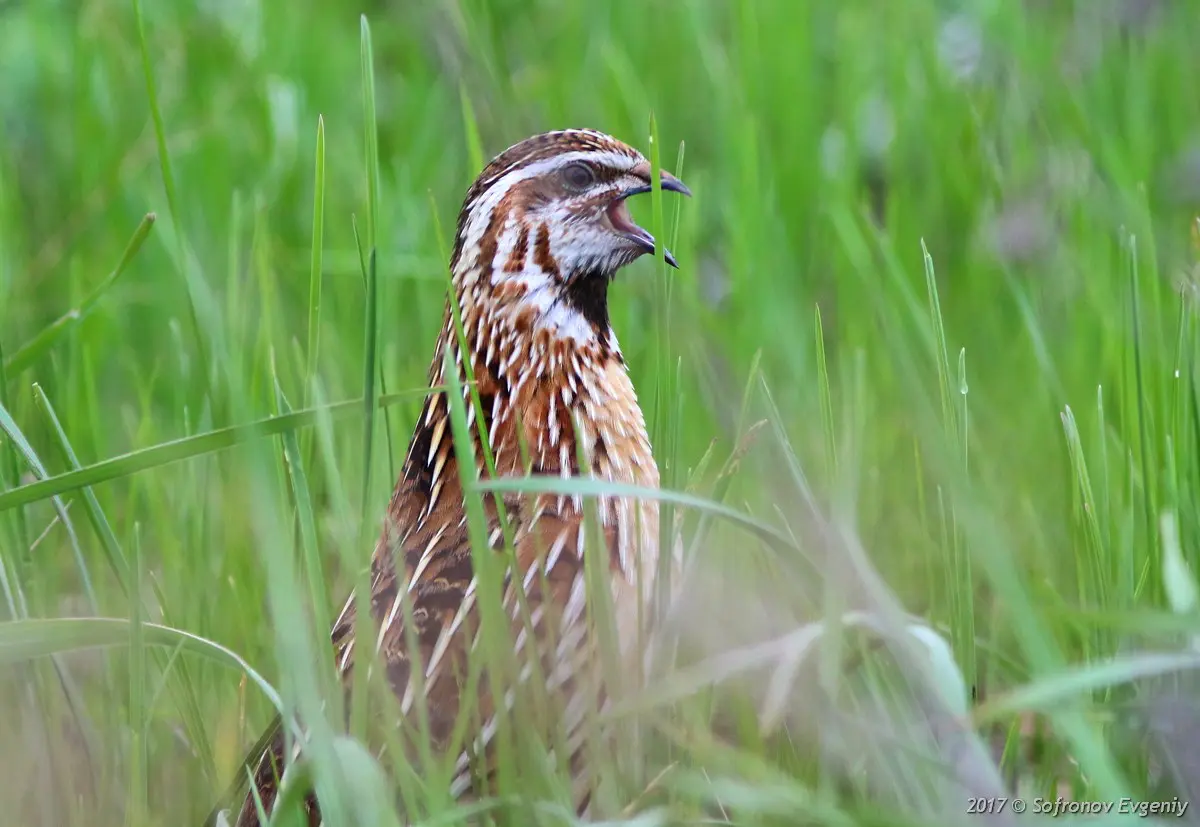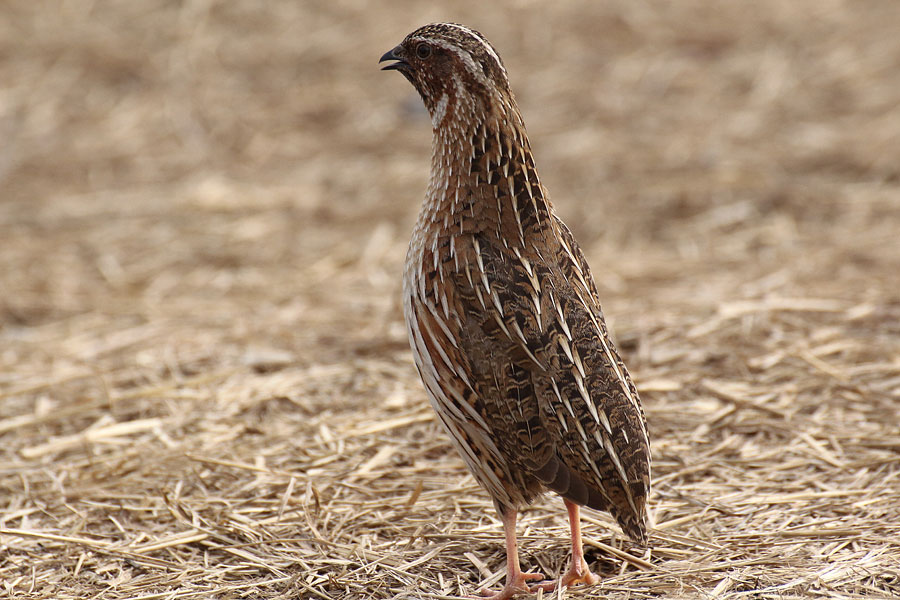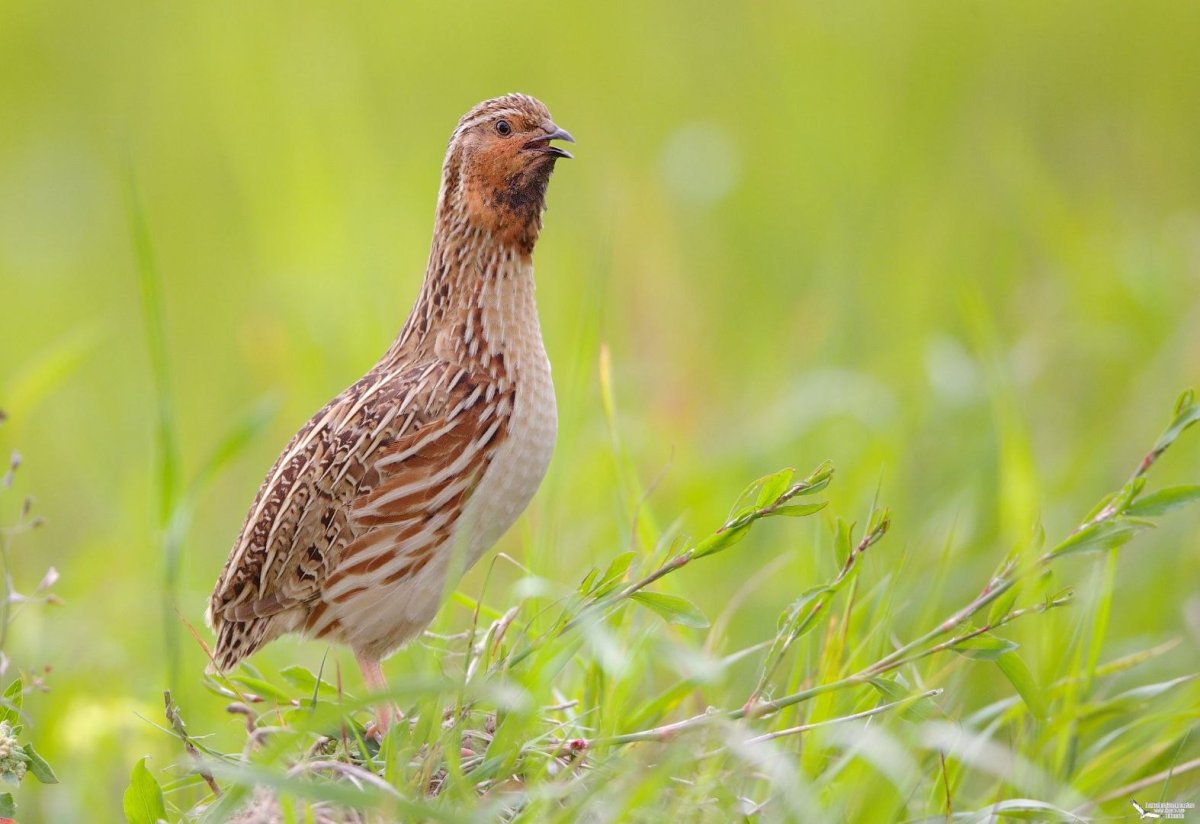

346

In ancient times, on the vast expanses of the Great Silk Road, quails were hunted for their meat, for obtaining dietary eggs and for use in quail fights. There was also a unique custom of keeping birds - mynas and quails - as mockingbirds and singers in tea houses. Rovshen Chishiev, a specialist of the Kopetdag State Nature Reserve of the Ministry of Environmental Protection of Turkmenistan, a connoisseur of this tradition and the owner of such a bird, tells the story:
"Soloists were carefully chosen and the chosen ones were kept in pumpkin vessels covered with white cloth, which were hung under the vineyard above the couch. These sensitive creatures were protected and brought inside the house if the wind picked up, as the quails, obeying their biological instincts, fell silent in anticipation of rain or a storm. Lovers of quail singing would come to such houses on weekends, often bringing their own birds in bags so that the birds could compete. In such a "club" of interests, the participants would sit down, brew tea, have leisurely conversations, and wait for a bird to sing. Quail singers were also kept in homes for peace of mind, and for the opportunity to wake up in the morning to the singing of quails. This hobby united a narrow circle of true lovers and connoisseurs of such exquisite pleasure. The degree of taming was impressive: sometimes a quail would sing while sitting on its owner's hand, not afraid of strangers. In the territory of modern Turkmenistan, traces of this interesting tradition were preserved in the northeastern part of the country and in the Akhal oasis in the second half of the last century. Now it has become extremely rare.
The main thing in this ancient good example is that humans and birds are capable of becoming friends. This tradition is dear to me also because my father, Bayram, was a hunter and an expert in taming quails. He mastered the method of catching birds in neighboring Uzbekistan, where he lived for some time and became a well-known quail catcher with the nickname Bayram - "bedeneovodchi". In his homeland, Akhal velayat, he continued his favorite activity in the 1960s. It is believed that such a bird brings happiness and good luck to the house.
The male quail always sings. The female of this bird emits a quiet melodic trill, similar to a soft artistic whistle. It is necessary to imitate it in order to lure the male, who may turn out to be an excellent soloist. If the male appears, it should be ensured that he is within the trap. If luck smiles, the frightened bird should be carefully extracted and placed in a linen bag for several days, where it should be fed and watered by hand, and even carried everywhere. When the quail gets used to the care of its patient owner, it can be moved into a cage. A mirror is put inside and a few grains are placed in front of it, so that the bird sees its "interlocutor". This can provoke singing or the bird may start attacking its reflection. Only quails from the wild sing, and the catcher must possess special intuition, skills, agility and patience to catch and tame them. 
A singer is valued whose notes are not jerky, but pure, prolonged, and melodic."
The quail is the only migratory species of the bird order Galliformes that does not like to fly; instead, they quickly run on foot through the mountains. In its habits and demeanor, it resembles a miniature hen: it digs in the ground when foraging, scattering and raking it with its feet, enjoys bathing in dust, and does not perch on trees. Quails arrive in Turkmenistan in April-May to breed their chicks, following a broad front along river valleys and foothills, and settle both during the day and at night in the plains and mountains in areas with high vegetation. They call most intensively during nesting, early in the morning and in the second half of the night. The nest is a small pit among dense grass, lined with dry stalks.
Migration begins in August, and the last individuals fly away with their grown offspring by November. Some daredevils remain in the Garagum Desert for the winter, feeding on plant seeds until spring, but these are isolated cases.
This bird is also famous because a quail chick became the first terrestrial living being born in space. It hatched on March 22, 1990, in a special space incubator on the "Salyut" space station.